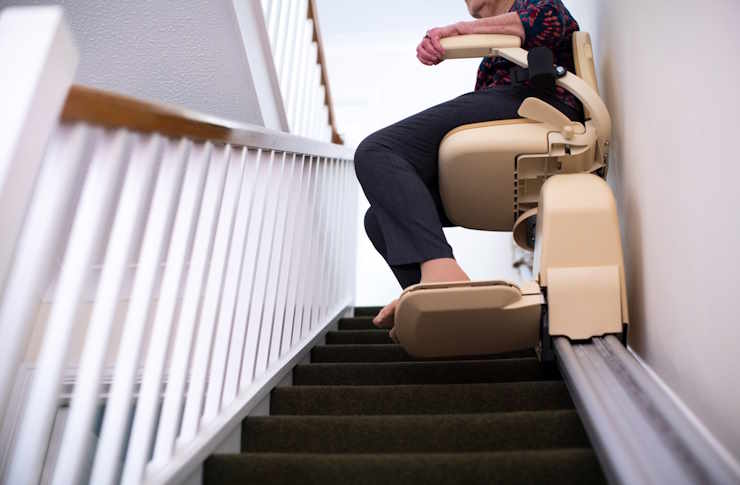Exploring Elderly Care Options: A Comprehensive Guide to Senior Living
Elderly care options vary, from residential homes to assisted living and nursing facilities. Understanding services like 24-hour care and long-term support helps ensure the best choice for seniors. Explore senior living communities and affordable solutions to meet individual needs while providing comfort, safety, and quality care for aging loved ones.

Understanding Different Types of Elderly Care
In the UK, the variety of elderly care options reflects the diverse needs and preferences of seniors. Residential care homes, assisted living facilities, and nursing homes each offer unique features, catering to different levels of independence and medical requirements.
Residential Care Homes provide a community living environment where seniors can enjoy a degree of independence while receiving assistance with daily activities such as bathing, dressing, and medication management. These homes often have communal dining areas, social activities, and shared spaces that foster a sense of community among residents. They are ideal for those who require some support but do not need intensive medical care.
Assisted Living Facilities bridge the gap between independent living and full-time care. These facilities offer private apartments or rooms, allowing residents to maintain personal space and autonomy. However, they also provide services like housekeeping, meals, and healthcare monitoring. Assisted living is well-suited for seniors who value independence but benefit from having access to assistance when needed.
Nursing Homes, on the other hand, are tailored for individuals who require constant medical supervision and care. These facilities are staffed with healthcare professionals, including nurses and therapists, who provide comprehensive medical care and support. Nursing homes are often the best option for seniors with chronic illnesses or disabilities that necessitate round-the-clock attention.
Key Services and Support Available
Understanding the services provided by elderly care facilities is crucial in ensuring the well-being of seniors. Many facilities offer 24-hour care, ensuring that help is always available, whether it’s for an emergency or routine assistance. This can provide peace of mind for both the residents and their families.
Long-term support solutions are designed to address the progressive nature of aging. These solutions often include personalized care plans that evolve with the resident’s changing needs, ensuring continuity of care. For instance, as mobility issues develop, an individual’s care plan might include more frequent physical therapy sessions or modifications to living spaces to enhance safety.
Many care facilities also offer specialized programs focused on enhancing the quality of life for seniors. These can include memory care programs for those with dementia or Alzheimer’s, promoting cognitive health through structured activities and therapies. It’s essential to explore these options and discuss them with care providers to tailor the care plan to the loved one’s specific needs.
Evaluating Cost and Accessibility
The financial aspect of elderly care is a significant consideration for many families. Costs can vary widely depending on the type of care required and the facility chosen. On average, care in the UK ranges from approximately £30,000 to £50,000 annually for residential care homes, and even higher for nursing homes due to the increased level of medical care provided.
Funding options are available to help manage these expenses. Local authority funding may be accessible for those who meet certain criteria, based on financial assessments. Additionally, NHS continuing healthcare might cover care costs in cases of significant health needs.
For those seeking affordable care solutions, it’s advisable to explore various facilities, compare their offerings, and discuss potential financial aid options with local councils or social services. Many communities also offer day care services and respite care, providing temporary relief for caregivers and an affordable alternative for families on a budget.
Choosing the right elderly care option involves understanding the specific needs of the loved one, evaluating the services offered by various facilities, and considering the financial implications. By exploring the different types of care available, familiarizing oneself with key services, and assessing cost and funding options, an informed decision can be made that ensures the well-being and happiness of the senior in one’s life.
Discover more about each care option, support services, and financial assistance by visiting reputable resources and consulting with care professionals. By taking the time to research and evaluate, the best possible care solution tailored to the loved one’s needs can be found.
Disclaimer: All content, including text, graphics, images and information, contained on or available through this web site is for general information purposes only. The information and materials contained in these pages and the terms, conditions and descriptions that appear, are subject to change without notice.




